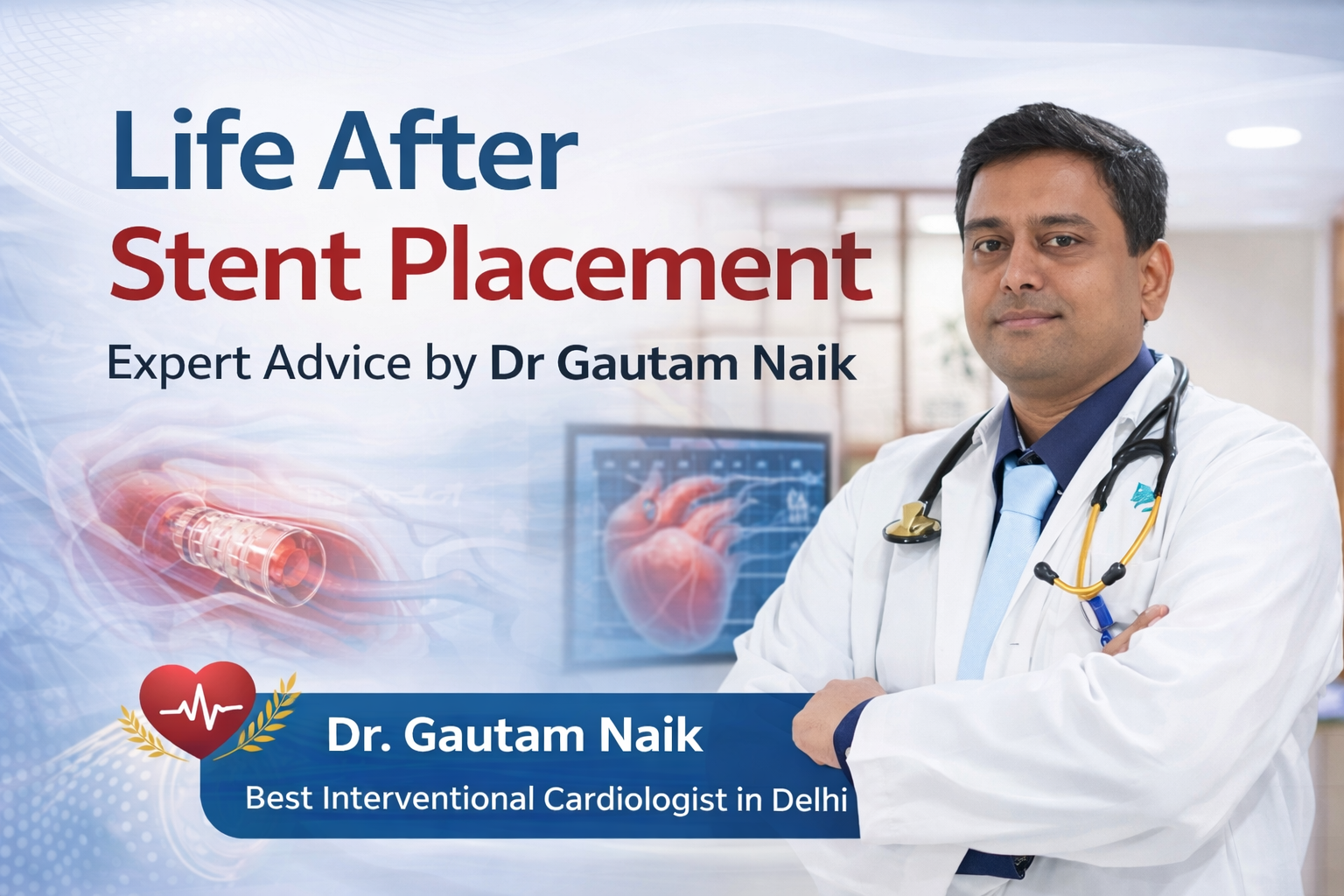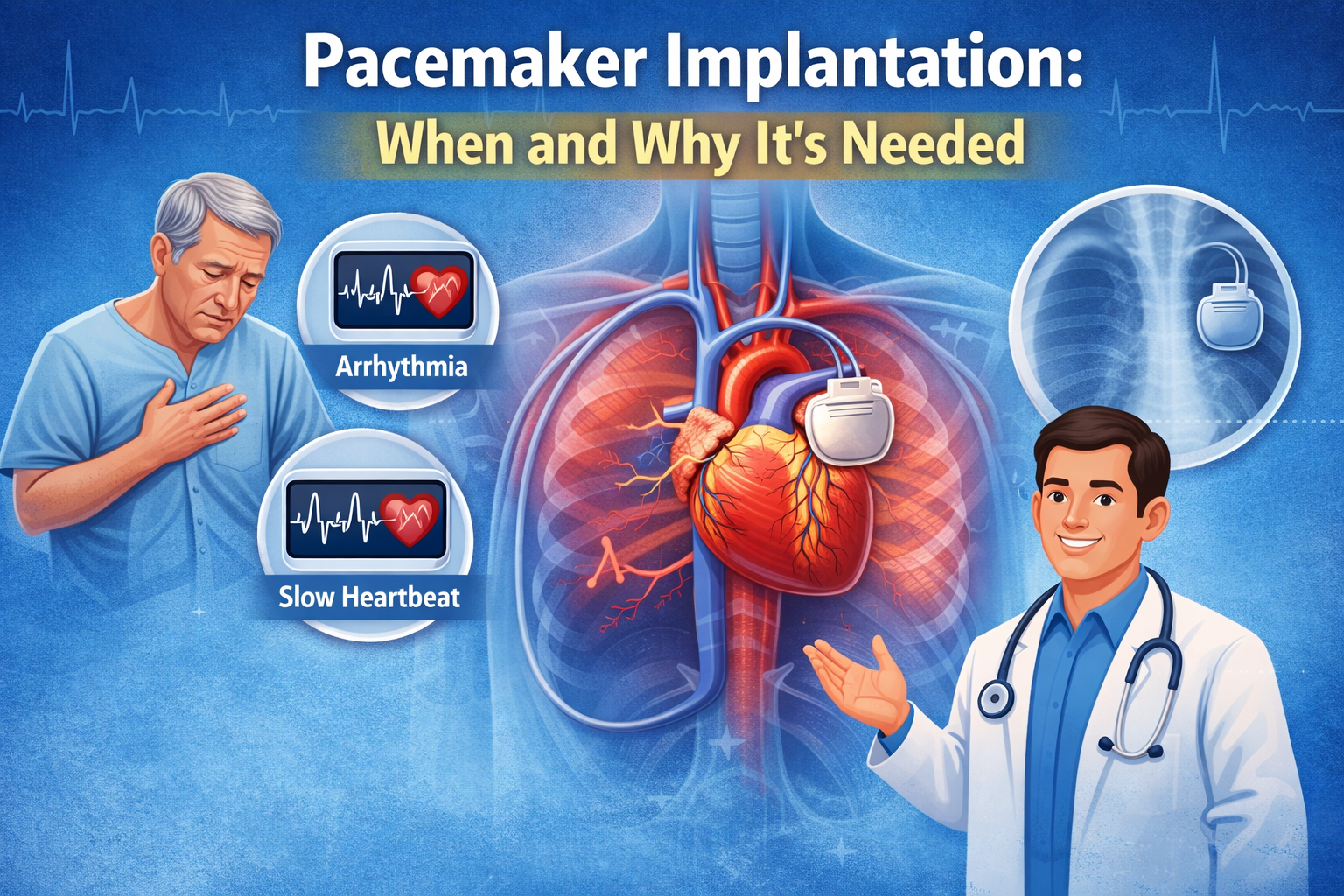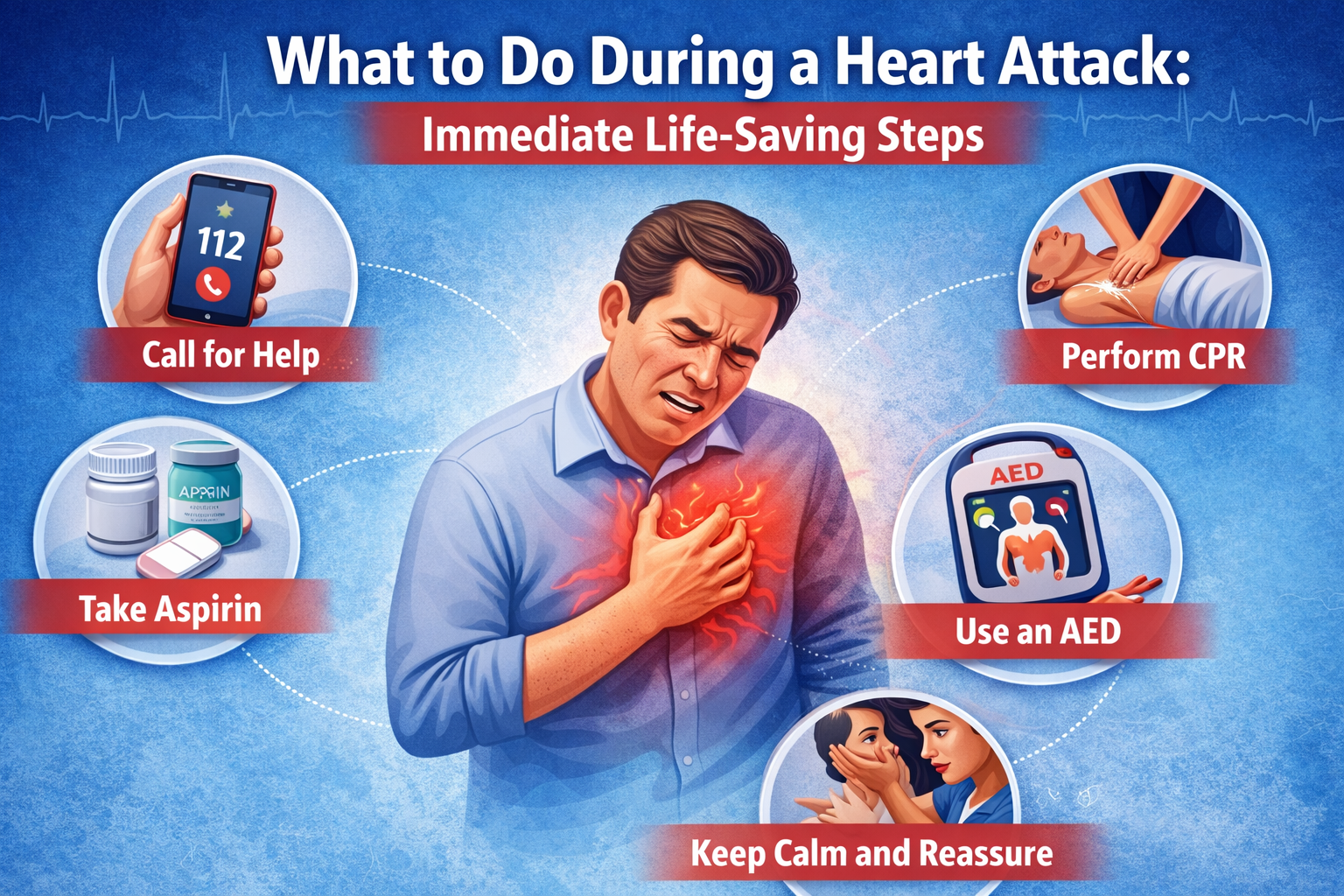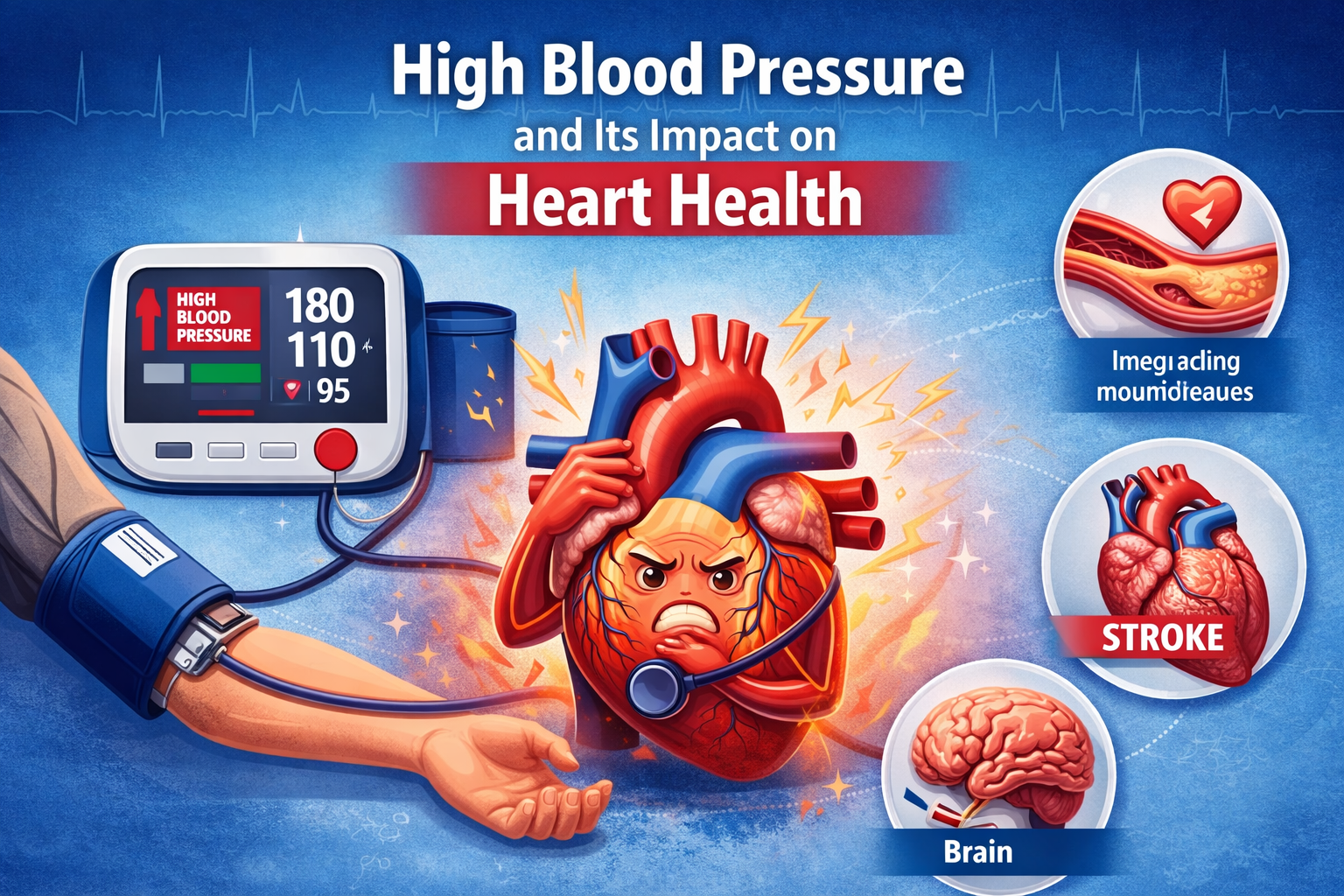
The heart is an intricate organ that keeps our body functioning by pumping oxygen-rich blood. Central to this operation are the heart valves, which regulate the flow of blood through the heart’s chambers. When these valves don’t function properly, it can lead to serious health concerns. Recognizing the early signs of heart valve problems can make a significant difference in timely diagnosis and treatment. In this blog, we’ll discuss the key warning signals of heart valve issues and highlight the expertise of Dr. Gautam Naik, one of the leading cardiologists in Faridabad and Delhi.
Heart valve problems occur when one or more of the heart’s valves fail to open or close properly. This can disrupt blood flow and strain the heart. The four main types of valve disorders are:
Heart valve problems often develop gradually, and their symptoms may be mistaken for other conditions. It is crucial to recognize the following warning signs:
Difficulty breathing, especially during physical activity or when lying flat, can be a sign of valve dysfunction. This occurs because the heart struggles to pump blood efficiently.
Chest pain, pressure, or tightness, particularly during exertion, may indicate aortic valve stenosis or other valve issues.
Irregular heartbeats, skipped beats, or a racing heart can be a symptom of valve regurgitation or stenosis.
Unexplained fatigue or feeling excessively tired after minimal activity may suggest your heart is overworking due to valve dysfunction.
Swelling in the ankles, feet, or abdomen may occur due to blood pooling when the heart fails to pump effectively.
These symptoms can result from reduced blood flow to the brain caused by a malfunctioning valve.
A heart murmur is an abnormal sound heard during a heartbeat. While it’s often detected during a routine check-up, it can be a key indicator of valve problems.
If you experience any of the above symptoms, it is essential to consult a cardiologist. Early detection and intervention can prevent complications such as heart failure, arrhythmias, or stroke.
For those in Faridabad and Delhi, Dr. Gautam Naik is a trusted name in cardiology. With extensive experience in diagnosing and treating heart valve disorders, Dr. Naik offers patient-centered care using state-of-the-art technology. His expertise in interventional cardiology ensures that patients receive the best possible outcomes, whether through medical management or advanced procedures like valve repair or replacement.
Heart valve problems can significantly impact your quality of life if left untreated. Being vigilant about the signs and seeking expert medical care is crucial. If you’re experiencing symptoms or have been diagnosed with a heart valve disorder, consulting a specialist like Dr. Gautam Naik in Faridabad and Delhi can make all the difference. Prioritize your heart health and take action today.
For consultations, reach out to Dr. Gautam Naik’s clinic and take the first step toward a healthier heart.






